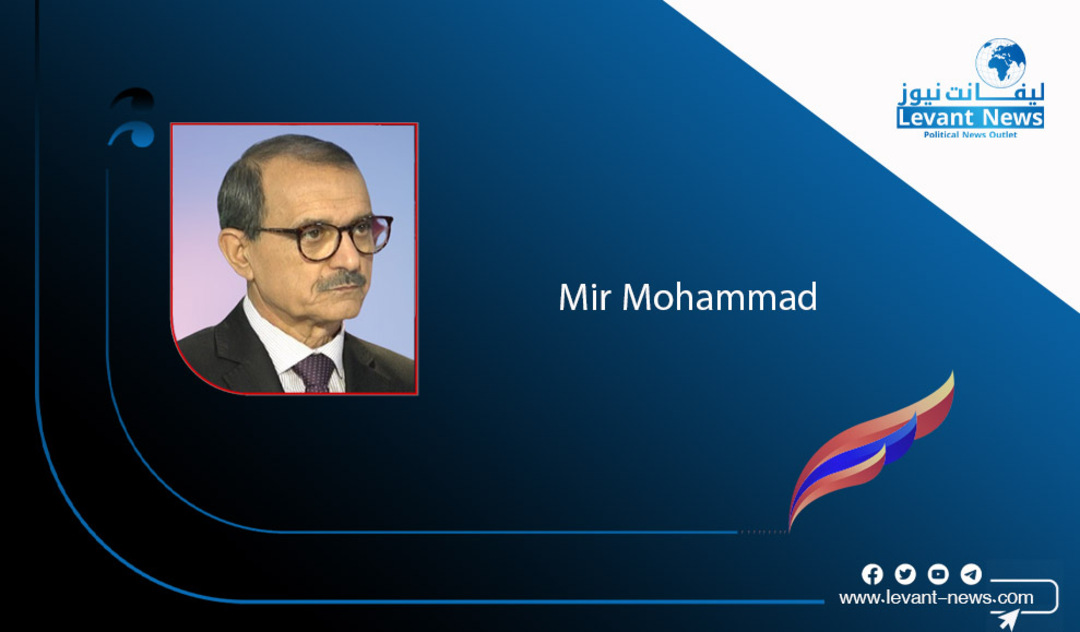-
Commentary on Iran’s Cooperation with the International Agency: Strategy of Showcasing Power or Time-Buying Tactic?

Following the ceasefire in the 12-day war, and at a time when the world expected a shift in Iran’s hardline approach towards more moderate and rational political stances, it appears that none of the positive expectations expressed sporadically have been realized. Instead, the opposite has been developing, reaffirming that there is no new approach or genuine change in the regime’s policies — as has always been the case!
Rising voices within the regime’s parliament are demanding no negotiations and insisting on sticking to suspicious policies and strategies. According to official media, on Wednesday, July 2, 2025, Masoud Bazzhkian approved a law passed by the parliament last month to suspend cooperation with the International Atomic Energy Agency (IAEA), and to begin implementing it.
The law stipulates that, due to what is described as “violations of national sovereignty and territorial integrity” by Israel and the United States, the government is “obliged to suspend all forms of cooperation with the IAEA under the Non-Proliferation Treaty (NPT) and related safeguards agreements until certain conditions are met, including ensuring the safety of nuclear facilities and Iranian scientists.” Accordingly, those who expected the regime to wave a white flag now see it heading in the opposite direction, reaffirming its pattern of provoking crises and wars.
This new escalation, which seemingly surprised the international community, does not bring anything new for those concerned with Iran’s affairs. Since its founding, the regime has aimed to sow chaos, trigger wars, and impose dominance over regional countries. It has never pursued peace and security initiatives. Therefore, this escalation should not be taken in a positive light; rather, it is an attempt to keep ambiguity and obscurity around the regime’s policies and positions.
The ceasefire during the 12-day war came in a manner contrary to what the regime hoped for, especially after the fall of Bashar al-Assad’s regime and the decline of Hezbollah’s influence. This has caused the regime considerable anxiety, particularly since it strongly knows that the Iranian street will demand explanations for these negative developments, which highlight the failure and disillusionment with its policies since its inception. Moreover, there is an organized resistance effort aimed at mobilizing and directing the population against the regime.
It’s worth noting that Iran’s suspension of cooperation with the IAEA was mainly a response after the regime took extraordinary security measures in Tehran and other Iranian cities, including the detention of hundreds under various charges. The regime’s goal with this suspension is to buy time, maneuver, and negotiate for concessions and privileges that might help it cope with its current difficult situation.
Strategy of Showcasing Power or Buying Time?
It is important to emphasize that the law concerning Iran’s suspension of cooperation with the IAEA was officially communicated by Masoud Bazzhkian to Iran’s relevant authorities on July 2. The law was ratified in the Iranian parliament on June 25 and quickly approved by the Guardian Council, which is responsible for ratifying laws.
This law states, among other things: the government must immediately suspend any cooperation with the IAEA based on the NPT and related safeguards agreements until certain conditions are met, including ensuring the security of nuclear facilities and scientists.
The Iranian regime, which lacks the capacity to confront the United States and Europe, targets the agency and its director-general as a weak link. On the other hand, it does not want the agency’s inspectors to uncover the extent of destruction caused by US strikes on nuclear sites like Fordo, Natanz, and Isfahan.
The regime also believes that feigning nuclear weapons development after suspending cooperation with the IAEA is a show of strength and could be a card played to buy time.
This coincides with US President Donald Trump’s statement on July 1, indicating that the word "destruction" could now be used to describe the Iranian nuclear sites targeted by the US. Yet, the IAEA has reported that access to those sites is currently impossible.
Notably, unlike its previous threats, Iran has not withdrawn from the Nuclear Non-Proliferation Treaty (NPT); it has only suspended cooperation with the IAEA. The dual approach aims to present an image of strength while keeping the door open to resume cooperation with the agency later, possibly in future negotiations.
Mehr Mohammadī System
You May Also Like
Popular Posts
Caricature
opinion
Report
ads
Newsletter
Subscribe to our mailing list to get the new updates!




















